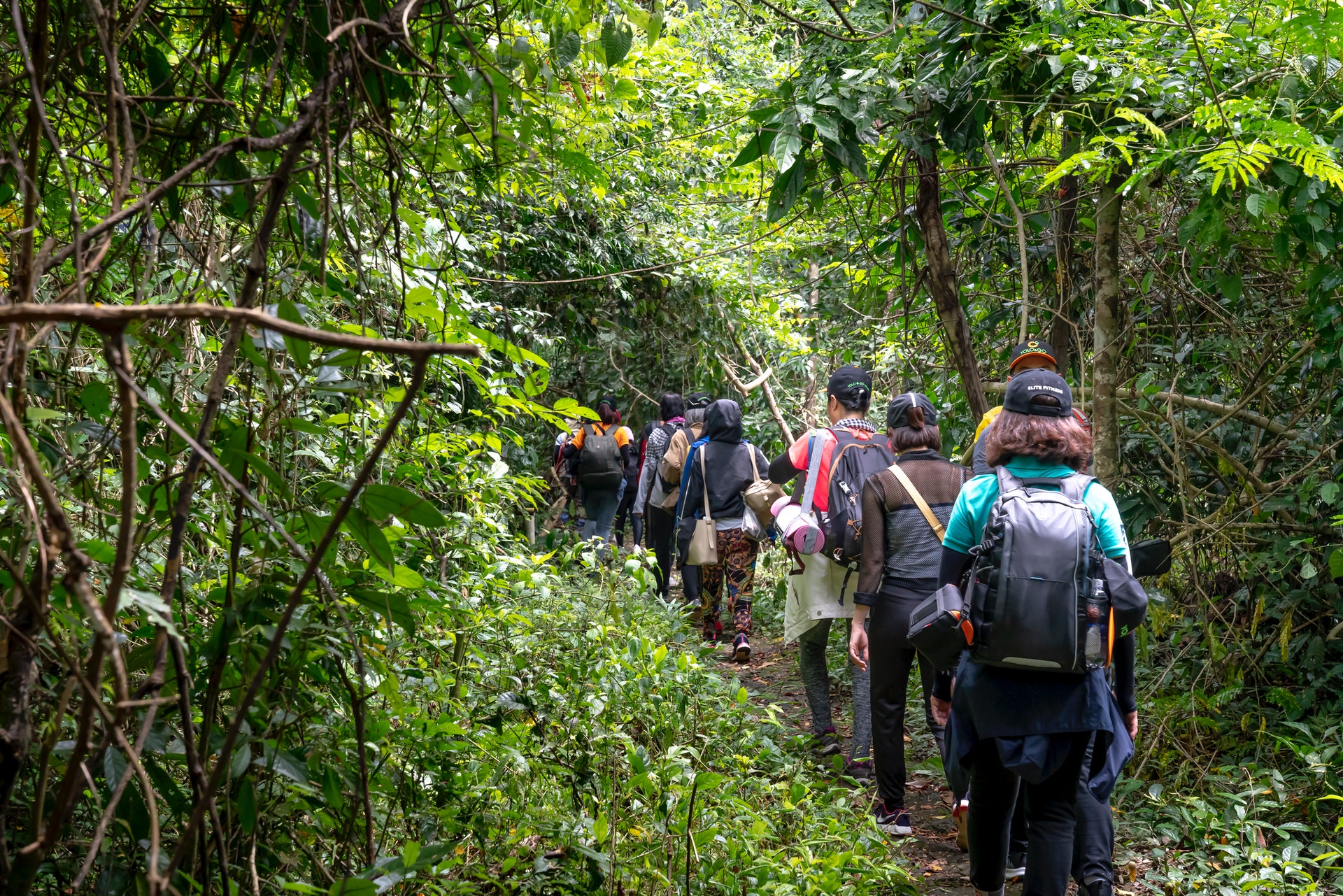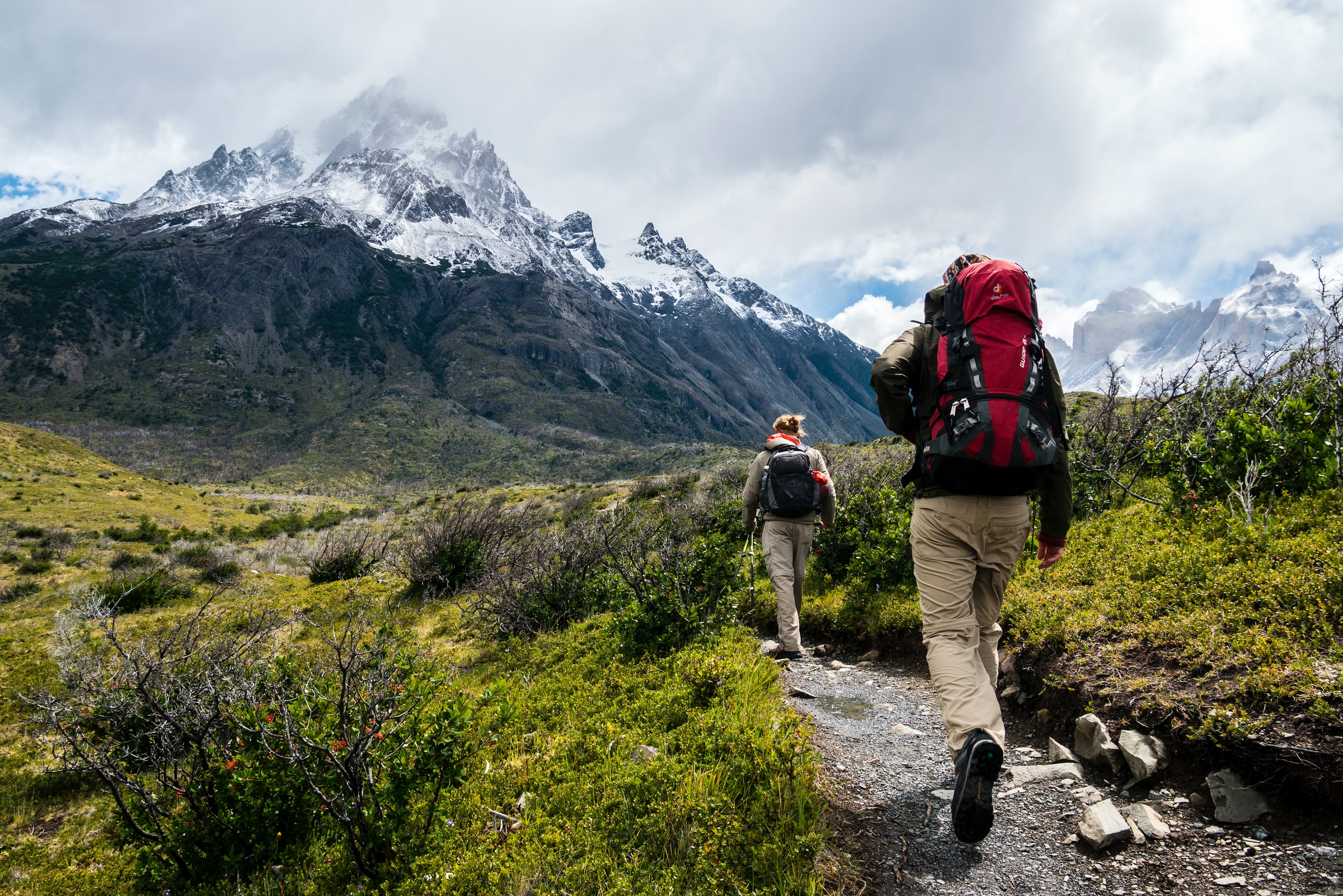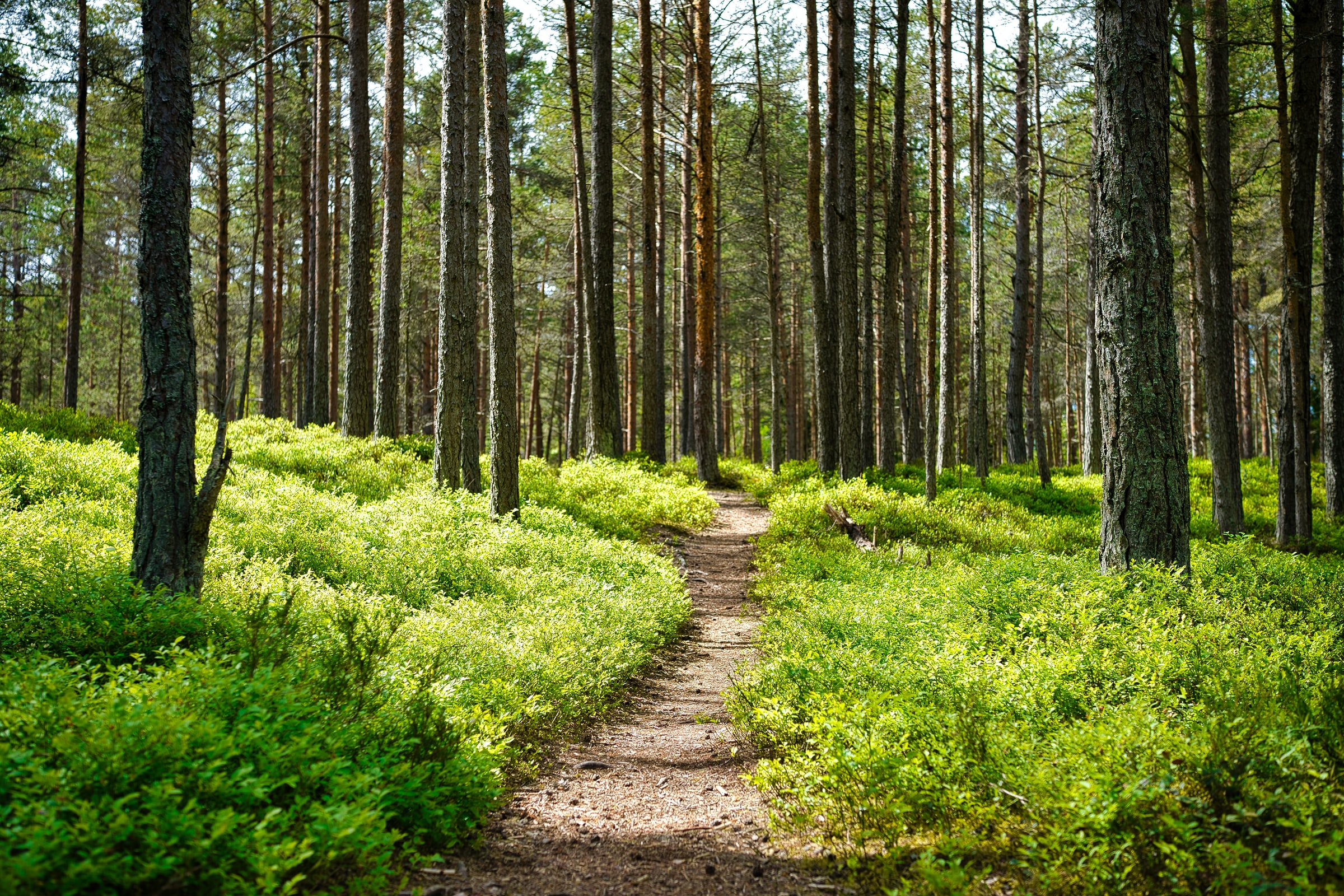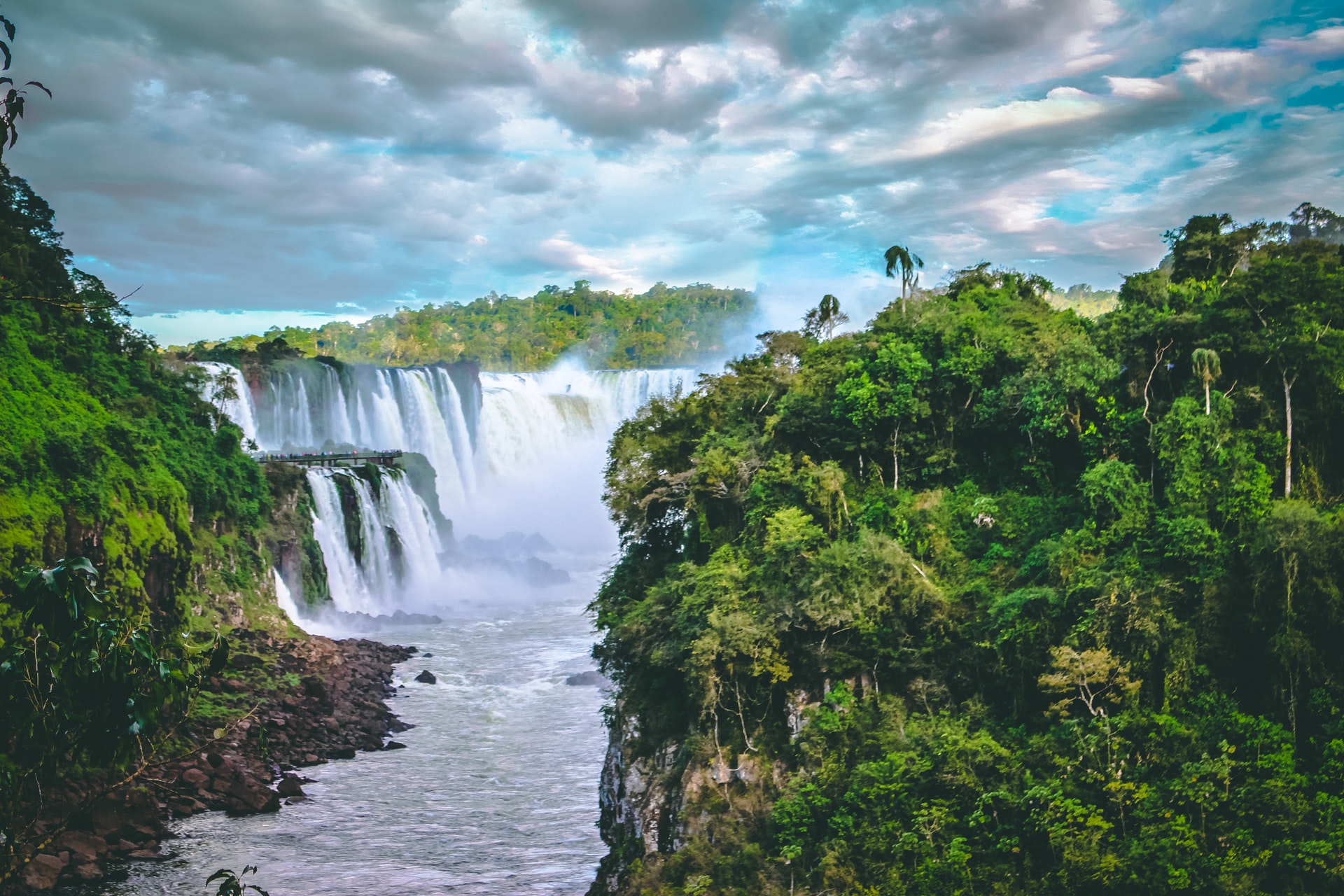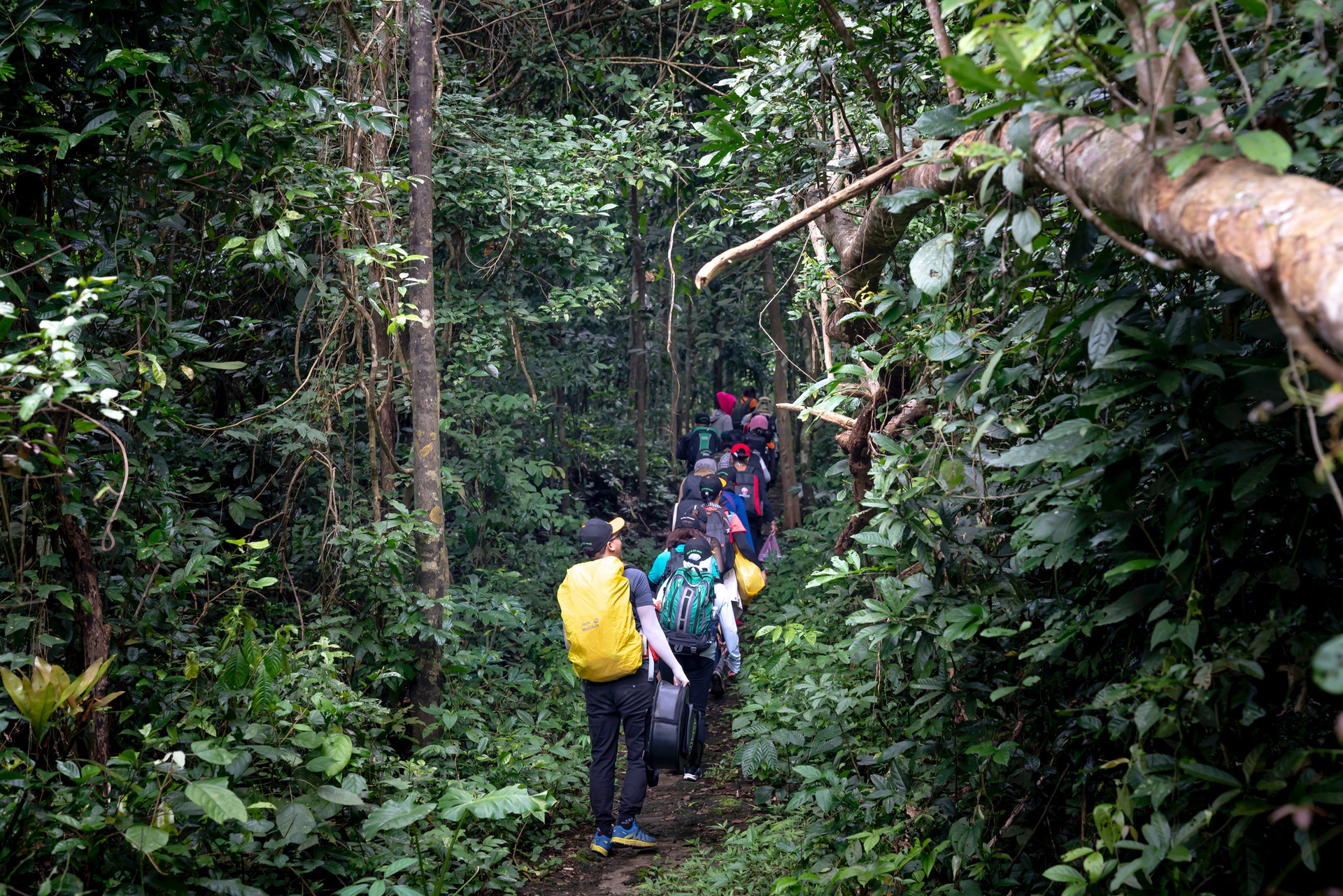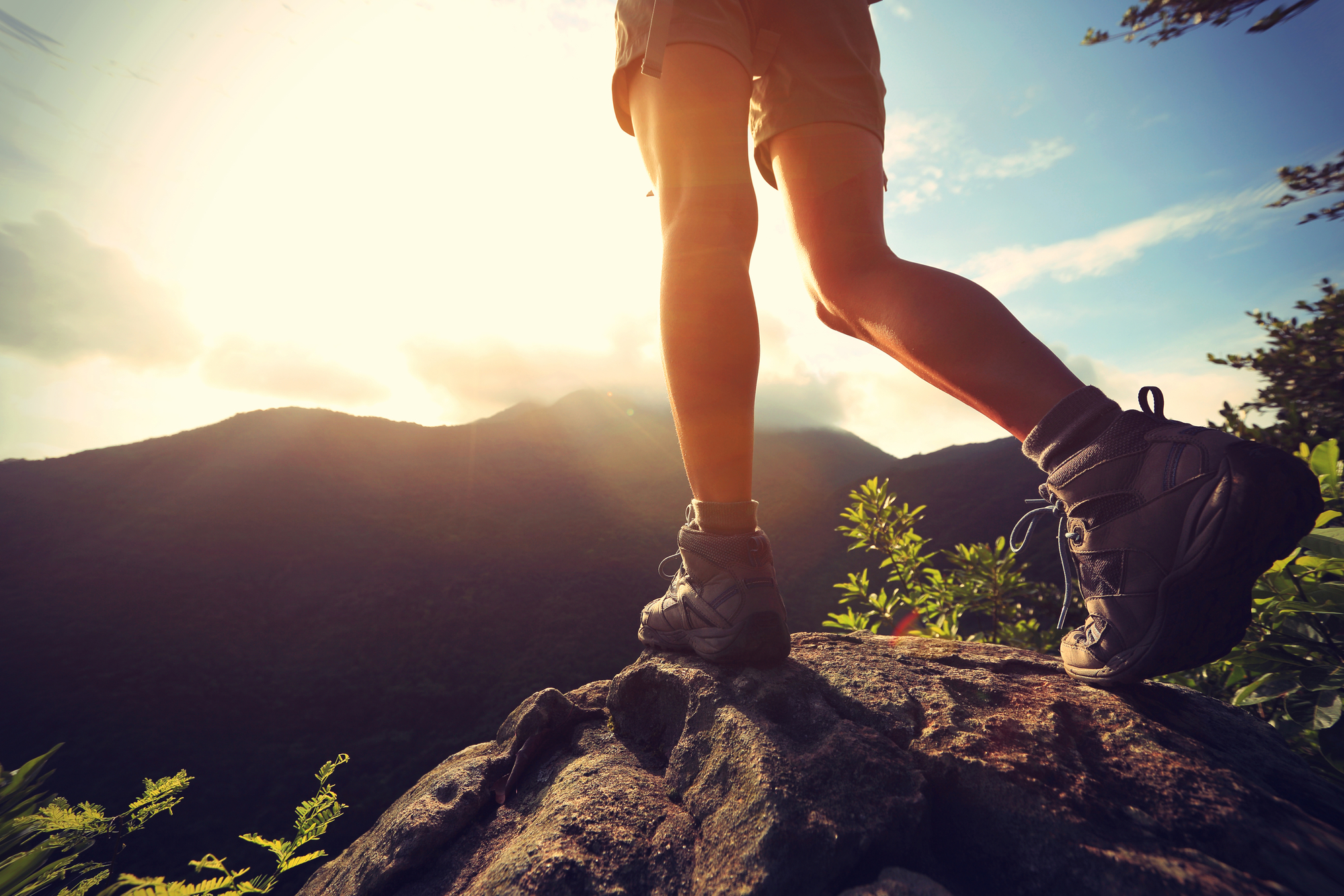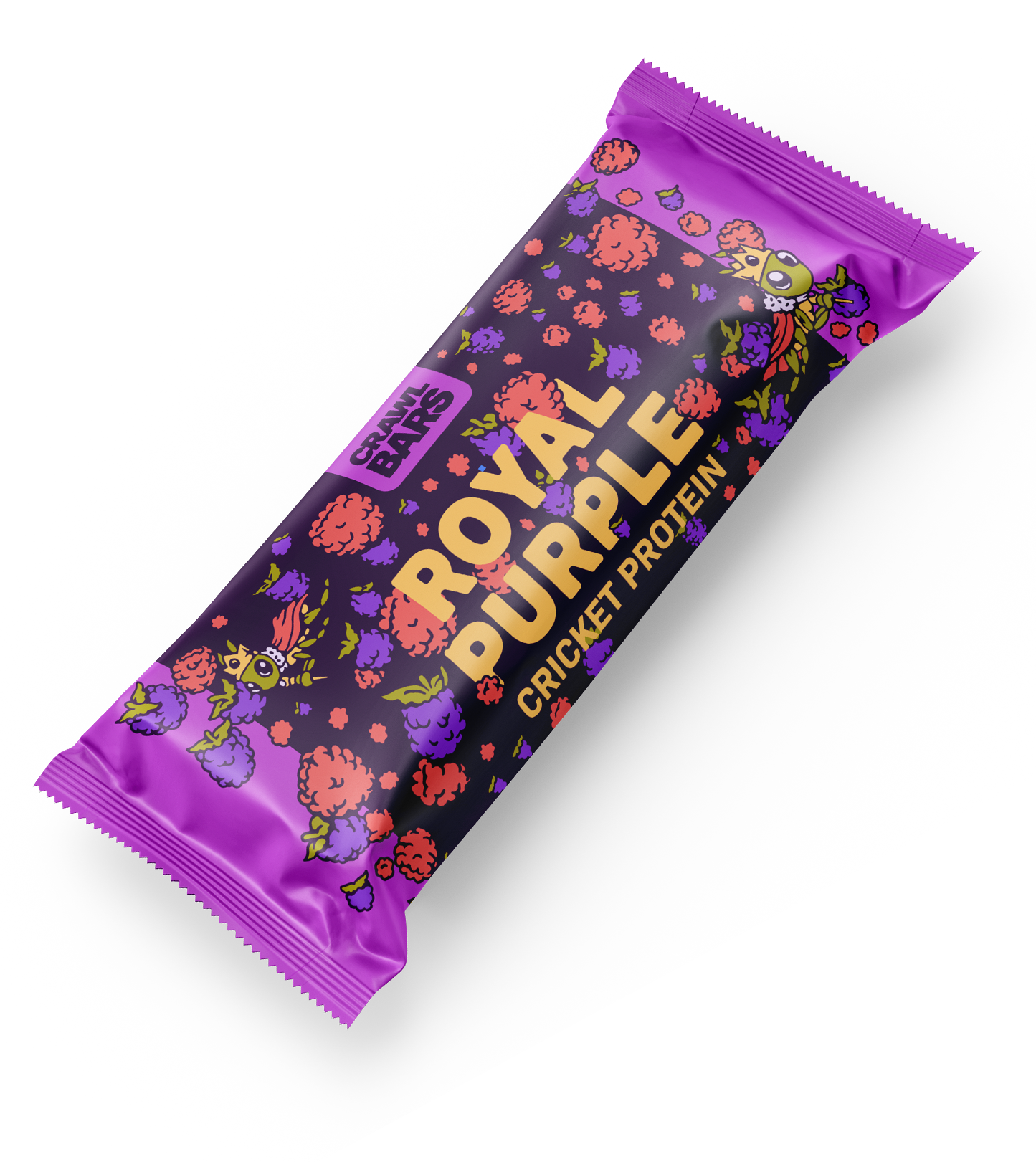Have you finally made up your mind about that gorilla trekking trip you've been thinking of?
You haven't, have you? You're probably still hung up on some details about the trip like how long you need to spend searching for gorillas or how much money you need to lay out before, during, and after your trip.
Well, you’ve come to the right place… or article! Allow us to help you decide as we talk about one of the most important concerns when planning a trip, your budget.
In this guide, we break down the cost of a gorilla trekking expedition - from the main fees you must pay to the miscellaneous expenses you may encounter on your African adventure!
What Do You NEED to Spend On?

Suppose you've checked out our other guides about gorilla trekking. In that case, you'd know that this wildlife encounter is only possible in three countries - Uganda, Rwanda, and the Democratic Republic of Congo.
How much money you'd have to shell out depends on which country you plan to visit.
Each country has its own price range for the various expenses included in a gorilla trekking adventure. These differences will most probably be the deciding factor in your budget plan.
Permits
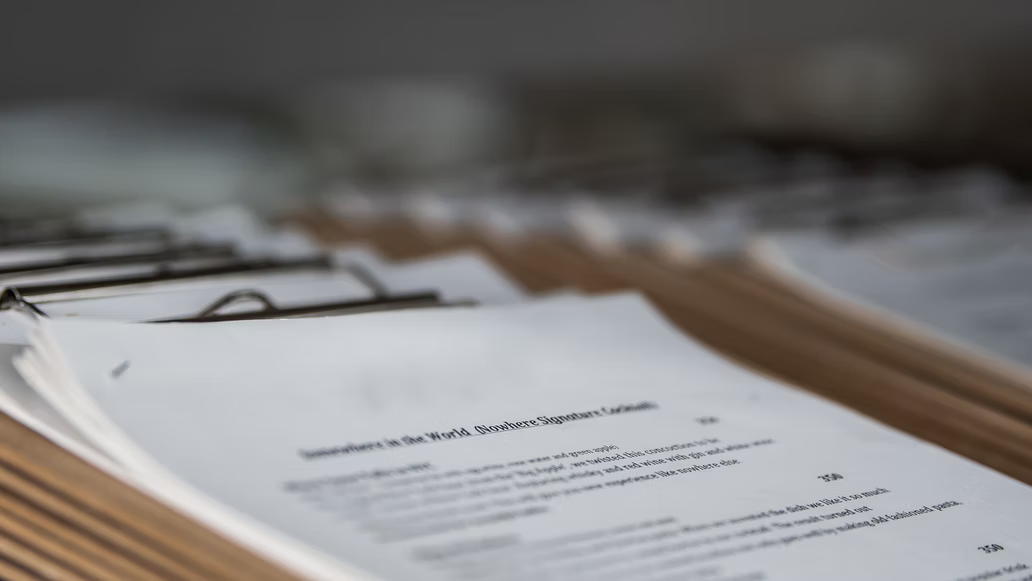
The most important expense on this list would be your gorilla trekking permit. Please note that it is impossible to go gorilla trekking anywhere without this permit.
The price of this essential document varies from country to country.
In DRC, this permit costs around $450 - the lowest among the three countries. In Uganda, you'd need to pay $700, and the most expensive permit is in Rwanda at $1,500.
The fee from this permit is used mainly for the continued protection of these beautiful animals.
Gorilla conservation requires a significant amount of money for research, scientists, park rangers, and guides.
More specifically, 75% of the fee paid for the permit goes to conservation efforts, 15% is directed to the government, and 10% is given to the local communities.
If you're worried about your budget, you can try booking your trip during the year's low season.
Like the Virunga National Park of Congo, some parks sell permits at a discount (for as low as $250) during the low season.
Meanwhile, Rwanda sometimes gives discounts to African Union Citizens, families, large groups, foreign residents, and those taking part in other activities in the country.
Lastly, if you are an expat residing in East Africa, you might score some discounts in Uganda.
We recommend booking your permits through one of the reputable tour operators in the countries or through one of the government authorities in whichever country you plan to visit.
Also, try to book your tours or permits at least two months in advance during the low season.
However, if you plan to go during the high season, we suggest booking at least five to six months in advance.
Accommodation
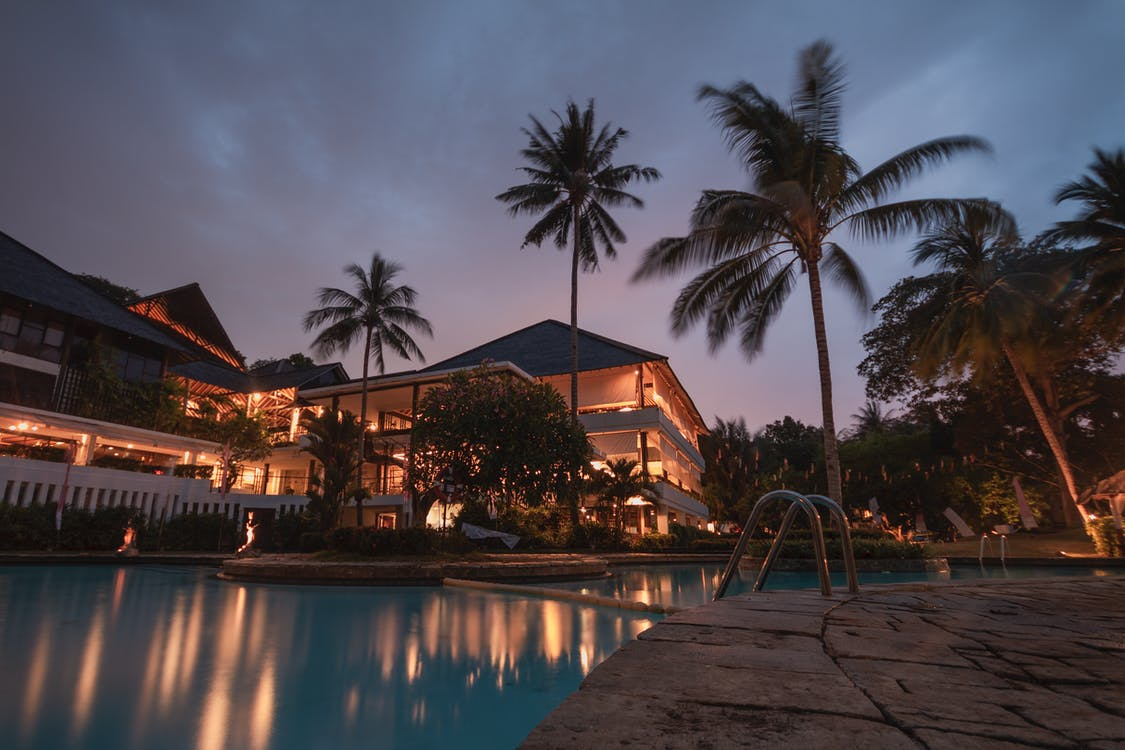
Another very important expense you'd need to prepare for while you're on your trip to Africa is where to stay for your entire tour.
If you have money to burn, you'd be happy to know that all the national parks offer high-quality lodges.
If budget is a concern, there are plenty of options outside the national parks.
A sensible budget hotel would cost you around $50 t0 $130 a night. If you want to upgrade a bit, you could go for hotels priced at $150 to $200.
Meanwhile, some hotels offer accommodations starting at $300 to $2500 a night if you want to spend extra for comfort and luxury.
Food
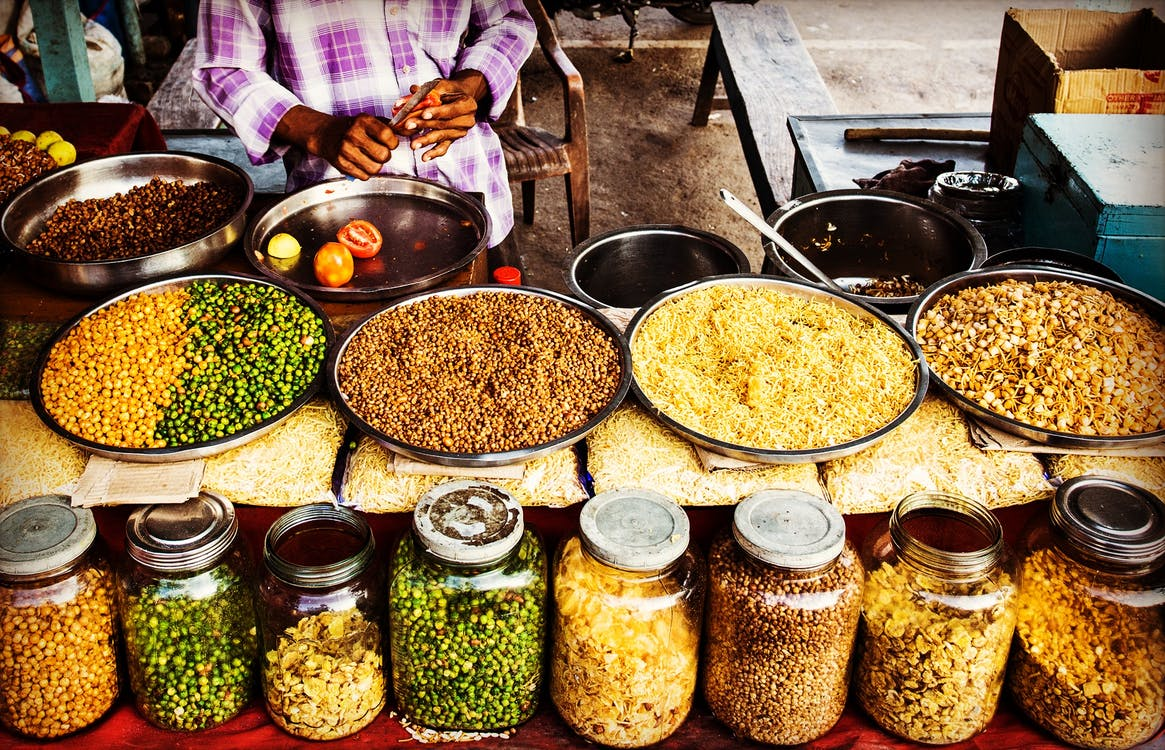
So now you have your permit and accommodation. You're all set, right? Not quite! You still need to arrange your meals. You can't go trekking on an empty stomach.
If you're traveling on your own, you might need to spend an average of $40 a day for food and beverage. If you plan to buy booze or other snacks, you might need to adjust your budget a little higher.
If you have booked your trip through a tour company, there's no need to worry about food and beverage. Your tour company will provide you with meals and drinks while out on your trek and in between activities.
Transportation
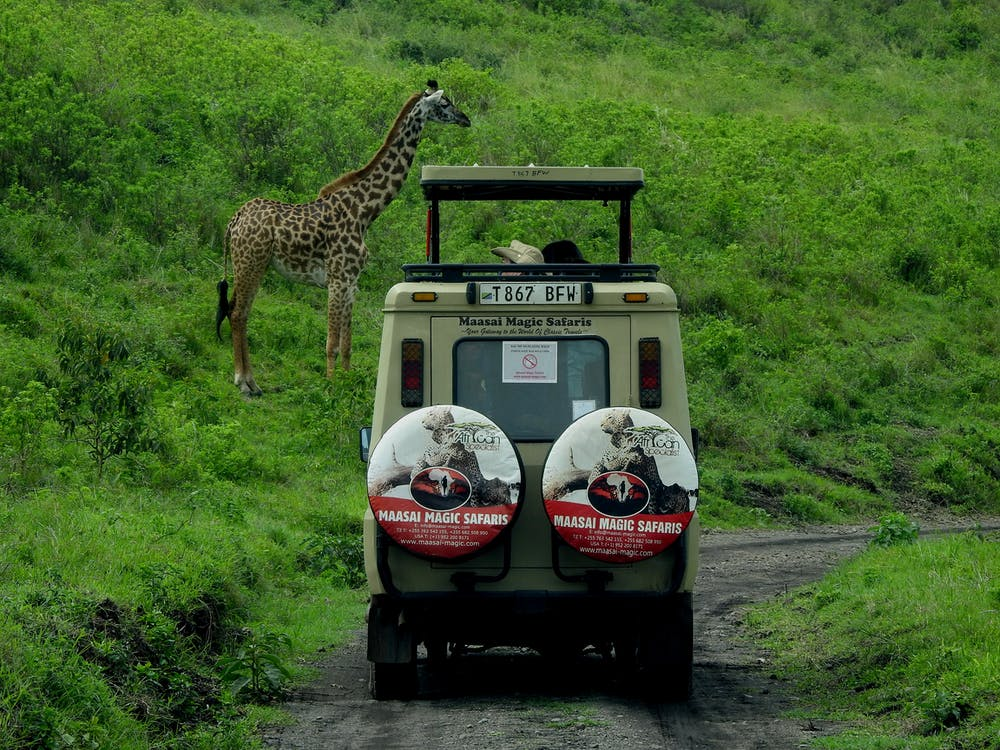
Okay, now you have your permit. You've booked your accommodations. You've made arrangements for your meals. You're finally ready to go, right?
Almost!
Don't forget to arrange your transportation for the trip! Excluding air tickets to and from your country of origin, you need to set aside a budget for transportation once you reach your gorilla trekking country of choice.
If you're considering booking chartered flights from within your trekking country, be ready to spend another $600 aside from your original flight cost.
This is way out of budget for most trekkers, so a highly-recommended alternative is a good old-fashioned road trip from the airport.
This is an excellent way to cut down on expenses and experience the African countryside.
Are you thinking of hiring a car during your trip? Then prepare around $70 a day (in Uganda and Rwanda) for your rental fee if you are.
This does not include driver and fuel costs.
Conclusion
You've probably already figured that gorilla trekking costs primarily depend on how many days you plan to go and which gorilla trekking country you plan to visit.
If you're planning to visit Uganda, the most popular destination for gorilla trekking, then expect to spend around $970 per person for a 1-day tour.
Add $900 to the figure above if you're planning on a luxury gorilla trekking tour in Rwanda.
Remember that these figures are exclusive of other miscellaneous expenses like air tickets, trekking equipment, vaccination fees, additional services, and tips.
So what are you waiting for? Go ahead and book that trip you've been thinking of!

